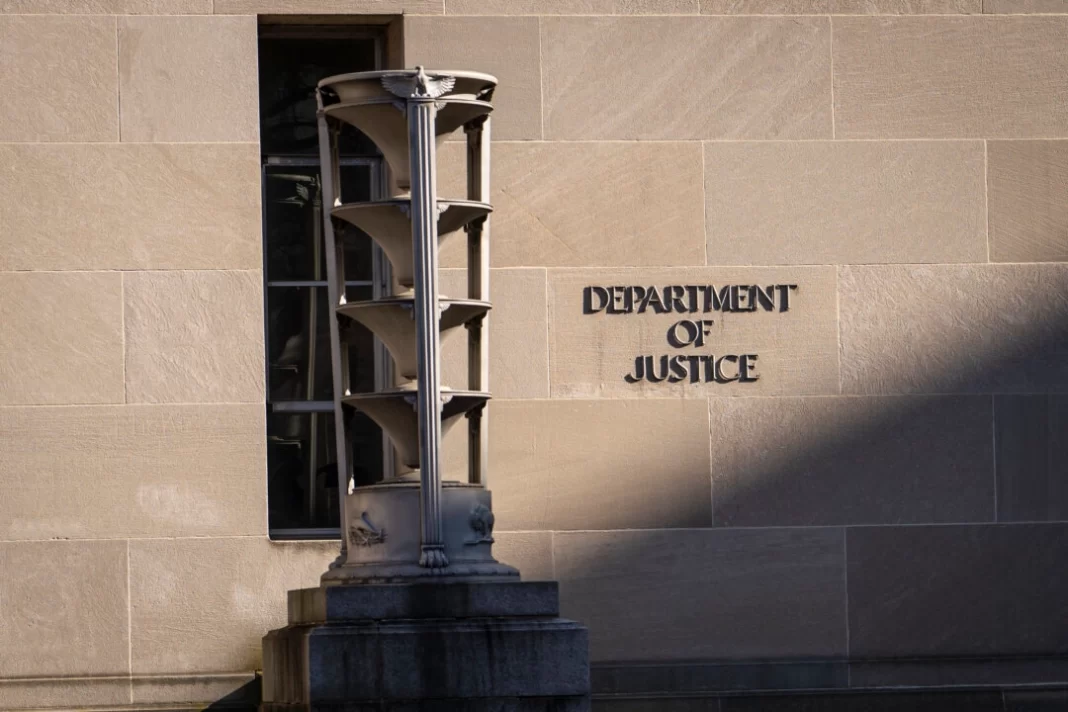The Justice Department said the decree had imposed DEI-related hiring policies across the government.
The Department of Justice (DOJ) announced on Aug. 4 that it has ended a decree initiated more than 44 years ago, which imposed across the federal government hiring practices related to diversity, equity, and inclusion (DEI) theories.
In a court filing on Aug. 1, the DOJ’s Civil Rights Division stated that it will eliminate a decree issued under the Luevano v. Ezell case, which was brought in 1979 by minority job applicants who alleged employment discrimination, and was settled through a 1981 consent decree that applied across the entire federal government.
The DOJ said on Aug. 4 that the decree had “limited the hiring practices of the federal government based on flawed and outdated theories of diversity, equity, and inclusion,” and that it also “imposed draconian test review and implementation procedures” on the Office of Personnel Management (OPM).
“For over four decades, this decree has hampered the federal government from hiring the top talent of our nation,” Assistant Attorney General Harmeet K. Dhillon said in a statement. “Today, the Justice Department removed that barrier and reopened federal employment opportunities based on merit—not race.”
The 1981 consent decree had the federal government agreeing to eliminate what was known as the Professional and Administrative Career Examination, or PACE, assessment tool and create two special hiring mandates, the Outstanding Scholar and Bilingual/Bicultural programs. The government had agreed that PACE violated a portion of the Civil Rights Act of 1964, according to an OPM memorandum issued in 2007.
“These programs were to be used where traditional competitive examining procedures produced adverse impact to try to help improve diversity in the occupations covered by the decree,” the memo said.
The decision from the DOJ comes days after the department put out new guidelines for entities or individuals receiving federal funding, saying they cannot be involved in DEI programs.
In a statement on July 31, the DOJ said recipients may not engage in “unlawful discrimination” by violating federal antidiscrimination laws and regulations that “apply to programs or initiatives that involve discriminatory practices, including those labeled” as DEI programs.








